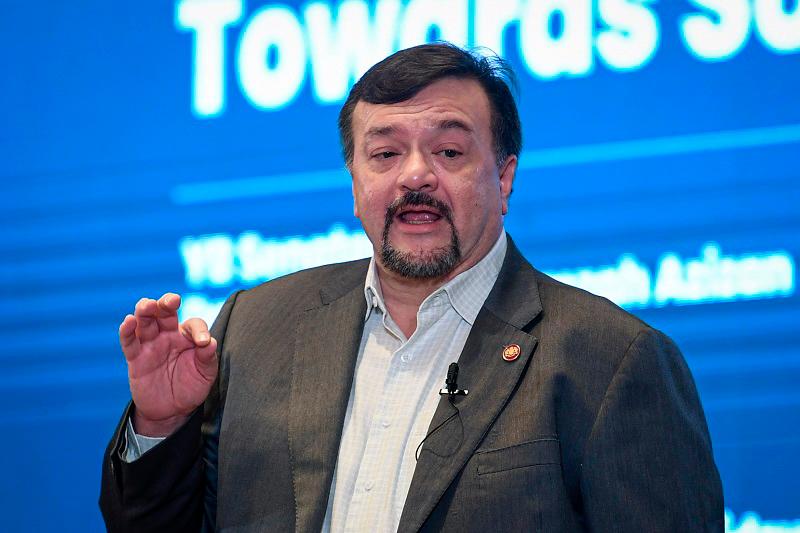KUALA LUMPUR: Malaysia will prioritise enhancing trade facilitation among ASEAN countries and strengthening the connectivity of ASEAN capital markets, recognising the strategic importance of its capital market as the country prepares to chair ASEAN in 2025, said Finance Minister II Datuk Seri Amir Hamzah Azizan.
He stated that one of Malaysia’s key priorities under the finance track of next year’s ASEAN meetings will be establishing mechanisms to enhance trade facilitation among member nations and streamline payment systems across ASEAN.
Furthermore, the minister added that a key priority is to enhance the integration of ASEAN capital markets, with a focus on enabling initiatives such as mutual recognition of new initial public offerings (IPOs) across the region.
“It is a key part of our objectives to collaborate with our ASEAN counterparts to strengthen and enhance connectivity within the region’s markets. ASEAN holds significant power as a trading bloc,” he said during a Fireside Chat Session at the 63rd World Federation of Exchanges (WFE) General Assembly and Annual Meeting today.
Amir Hamzah, however, said that at this moment, the penetration of cross-ASEAN trades is lower than what they anticipate or believe it can be.
“If we can get over the mental block that a connected ASEAN achieves a bigger cake for everybody by working together, then I think the future for ASEAN is bright,” he added.
ASEAN, comprising Malaysia, Brunei, Cambodia, Indonesia, Laos, Myanmar, the Philippines, Singapore, Thailand, and Vietnam, represents a formidable bloc with a population exceeding 700 million across the region.
Amir Hamzah emphasised that ASEAN can achieve more effective results when working together, particularly on climate change issues.
As the world confronts the challenges of climate change, he highlighted that ASEAN must focus on the actions of individual countries, supporting a just transition and facilitating capital raising for the greening of the economy.
He noted that while capital markets are important, global multilateral agencies also play a crucial role in reducing costs and aiding the transition.









